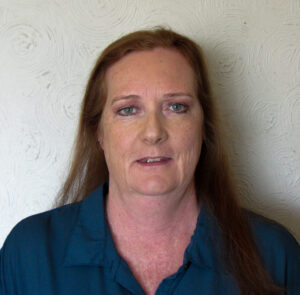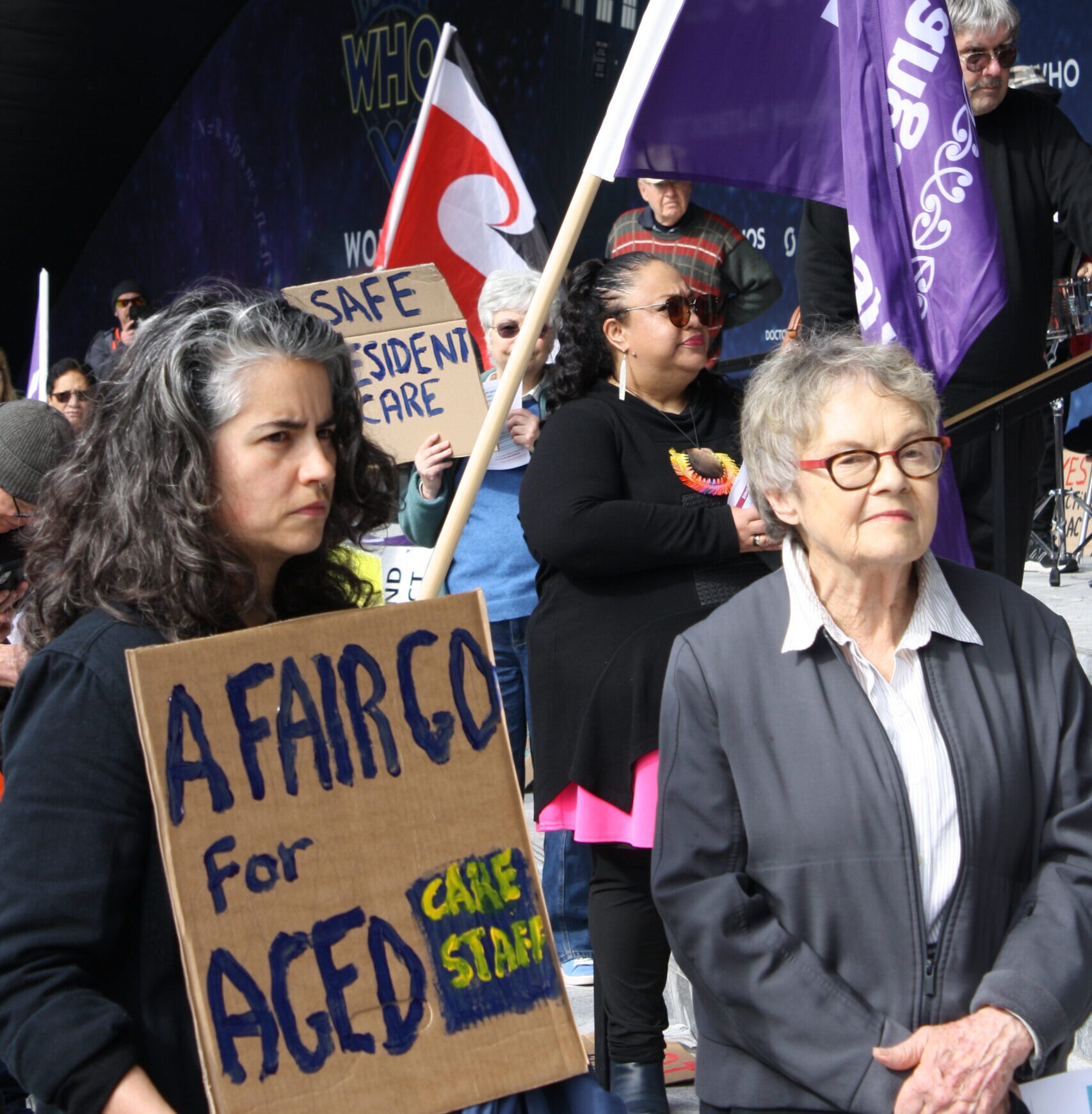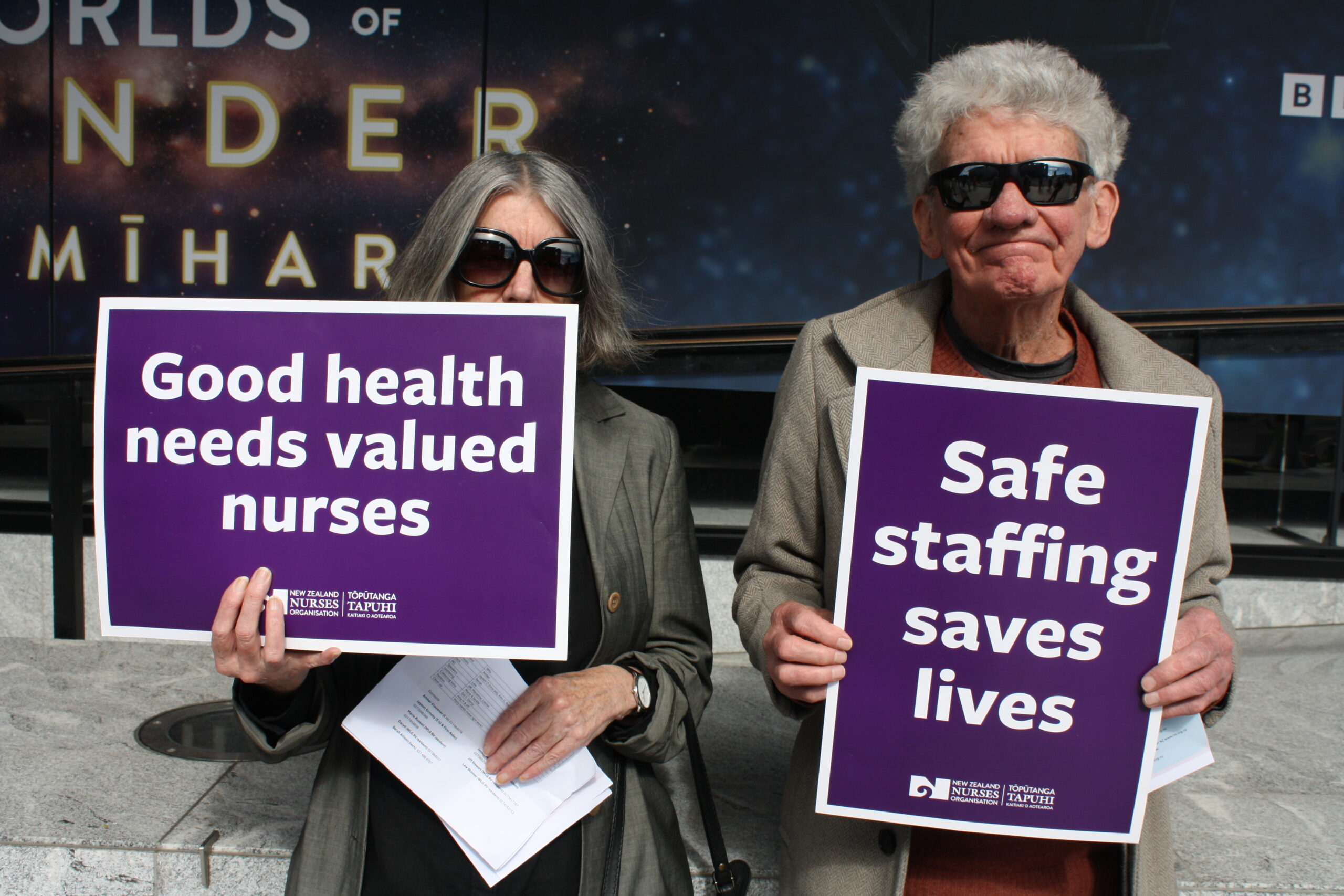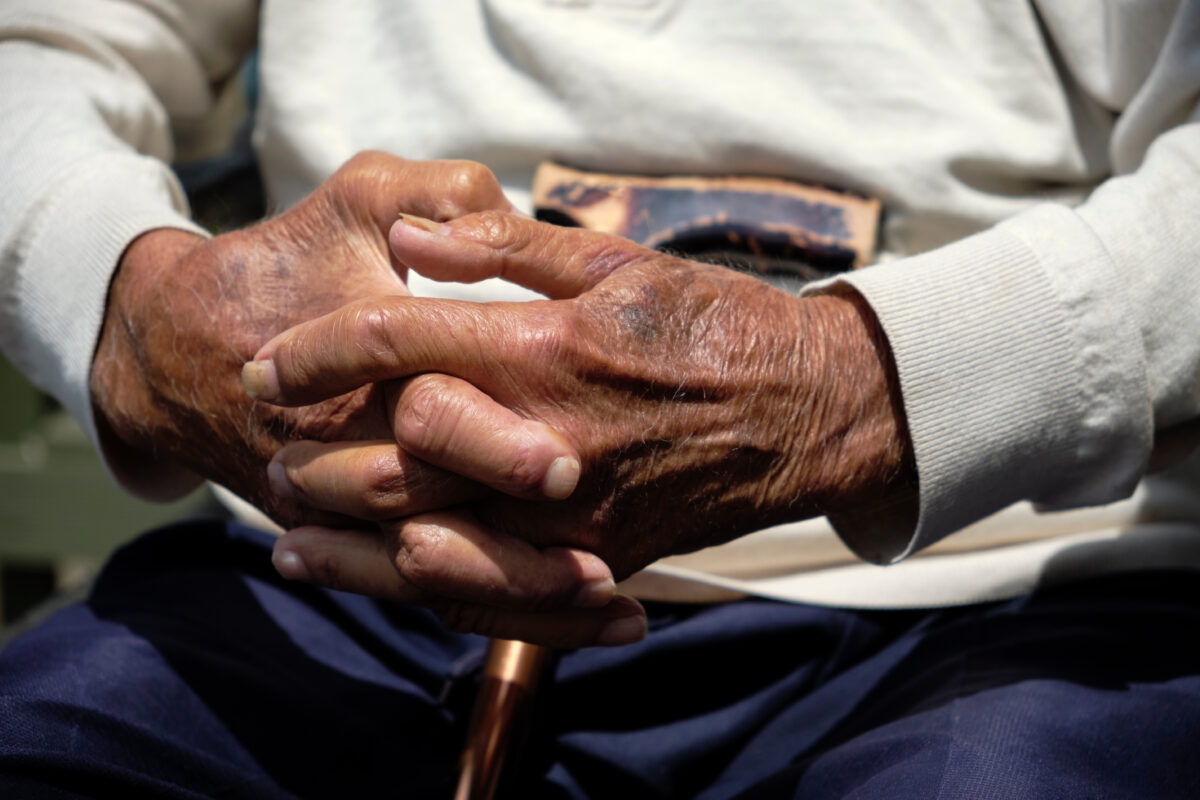As the NZNO Care in Crisis report on aged care is released, laying bare workers’ experiences, kaiāwhina Natasha Greig shares some of the lessons learned from 30 years of caring for the elderly.
This story has been summarised and compressed from a longer kōrero with Kaitiaki Nursing NZ.
The elderly are people, not numbers
I’ve found the elderly are treated unfairly and they’re spoken to as a burden, which they’re not. They have so much to give to the younger generations.

I’ve cared for prisoners of war, survivors from the Napier earthquake, farmers, teachers, principals, celebrity grandparents, retired All Blacks, a huge range of people.
My eldest son used to come in every Sunday for a few hours and he disappeared one day and I found him building model airplanes with one of the residents, and the resident was crying.
He said ‘I don’t even get to do this with my own grandkids’. This guy was a fighter pilot, and he was telling my son all about it.
Read here about the report that exposes our hidden shame on aged care.
A lot of the elderly are coming into care with no family or whānau support. They love our kids coming in and visiting and talking to them. We need to get more of the community involved. More children coming in, school groups, kapa haka groups — they absolutely light up when the kids come around.
Nobody should die alone
I love working with the palliative residents, making their last days lovely, giving hand massages, there to support the families, offer a listening ear — anything they want to get off their chest and just chat about: Just being there at the end because so many have no whānau.

I don’t agree with our kaumātua passing away on their own. I’m a real stickler for hanging around and making sure there’s always someone with them.
Everyone has a story, it shouldn’t be forgotten
So much history is lost. A good example: I’ve worked with prisoners of war, and the stories they tell you that they never tell their families — they don’t want to burden them. A lot of them will off-load when they become palliative. Because we’re in their personal space all day long, we’re washing them, we’re dressing them, we’re feeding them, they actually become family after a while.
All these stories that are going to be lost, because there’s no-one recording what was happening in their history, and to me it’s a really good thing for the younger generations to know. The stories they come out with — I’m passing on to my children, like the ones that have been in the war.

What caring for the elderly taught me about myself
All my family have done trades, I’m the only one in this industry and my dad always said to me ‘you’ve got the patience of a saint because none of us could do it’, and I love my job.
The work has changed dramatically.
People are staying in their homes a lot longer but coming into care at a higher level of needs. When I first started, people in rest home care were there because they had no family, they didn’t need to be there for physical reasons.
Now they’re coming in needing hoists, full assistance, with major strokes and things like that.
Patience is a huge part of our role. It’s very physically, mentally and emotionally draining. You come home at the end of the day and you’ve given your all and you’re absolutely knackered.

I’m very passionate about the people I look after. It’s definitely shown me that I have huge patience.
Don’t focus on the bucks
When I first started it was all about the people, not the money, and then it became about the money, and targets like dividends for the shareholders, and now it’s coming back around to people-centered care: each person is different.
I’ve found the Government [however] does not put enough money into aged care. The elderly have worked their whole lives as tax payers, the least the Government can do is look after them in their retirement.
- Natasha Greig is co-chair of the NZNO kaiāwhina national committee.





